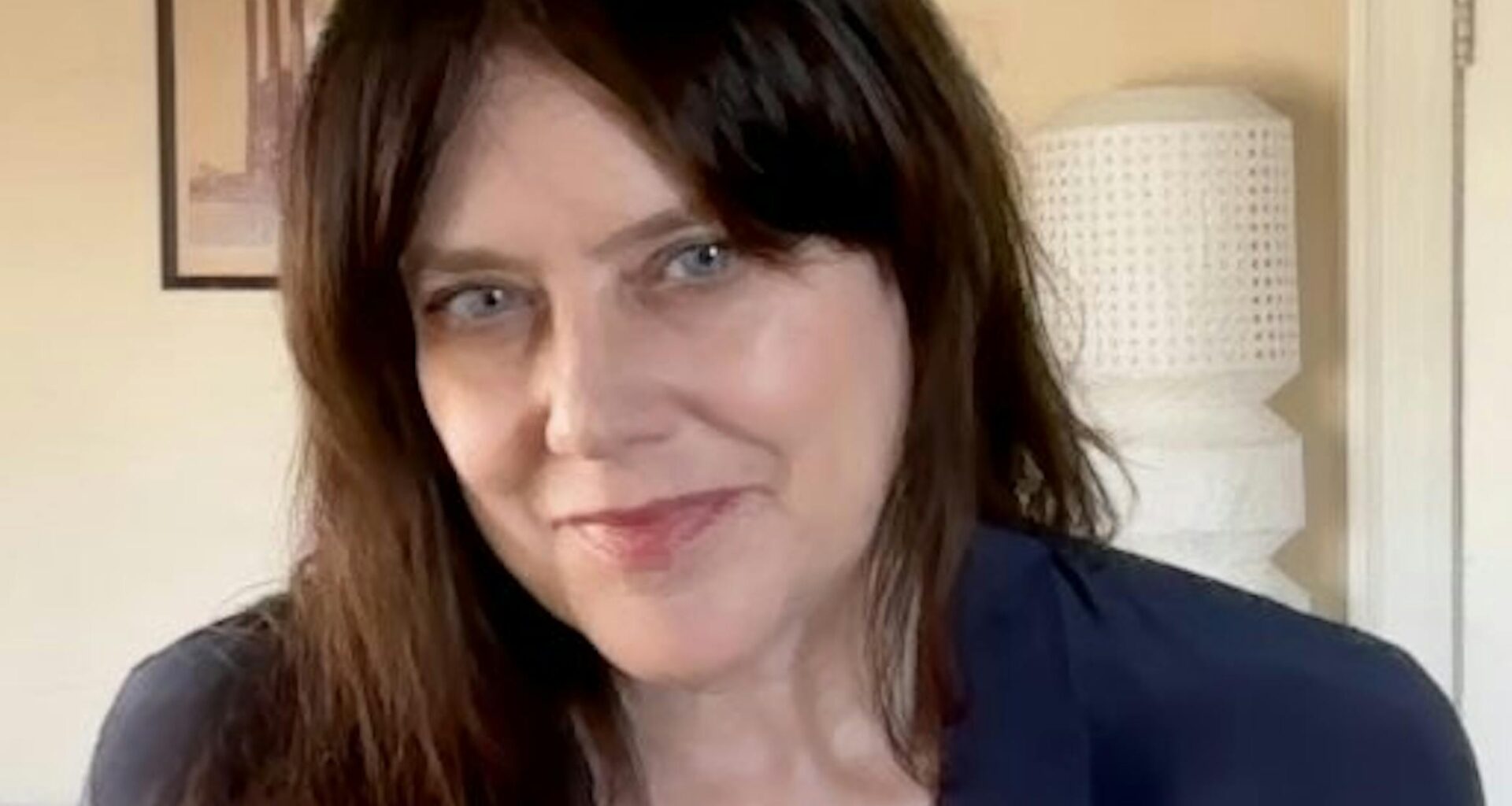“You’re a woman, obviously.” This dialogue appears on page 99 of “Porthole” and it’s quite helpful because, in the previous 98 pages, I literally kept flipping back and forth, trying to figure out the gender of our narrator.
This is interesting in a few ways. For one thing, Joanna Howard’s novel is a reminder not to make any assumptions about gender, something I’m working on. For another, confusion about the main character, a famous movie director cooling her heels at a weird-but-fancy rehab resort, is appropriate because she’s clearly confused, too. And, third, one thing Howard seems to be doing is creating a female character of a type we rarely see — one who exhibits the sort of anti-hero behavior that male characters in books, movies and TV constantly get away with but that women almost never do. She even refers to herself as “manly” at one point.
Her name is Helena, and her fictitious films sound similar to those of Oscar-winning “The Hurt Locker” director Kathryn Bigelow. The reason she’s in rehab is a recent on-set accident that occurred while she and her male lead (also the male lead in her personal life, if you know what I mean) were filming on a boat. He died in the accident, she was in some ways responsible for his death and so her movie studio is financing her stay. The idea is to keep her out of the public eye for a while and, hopefully, rehabilitate her image.
Over the course of “Porthole,” which takes place in Helena’s brain and in which not much happens in terms of plot, it becomes clear what a big job it will be to repair her image. Helena is a narcissist who thinks “employee” and “lover” are basically the same thing and who routinely objectifies the men in her life because all she cares about is “their solid bodies and their delightfully empty heads.”
Honestly, if “Porthole” were a book by Philip Roth and its genders were switched, it would just be Roth up to his usual tricks and I would not want to read it. But the same behavior feels more interesting and revealing when, in Howard’s hands, it’s coming from a woman who is, at least nominally, trying to shape up. It’s also compelling to note that, almost inevitably, the fallout of bad behavior is treated differently when it comes from a woman, not a man.
Readers won’t want to hold their breath waiting for that to happen. The rehab center is filled with charlatans and Helena isn’t particularly committed to her therapy, anyway. As her stay stretches on (possibly to forever?), her antics begin to grow tiresome. But Howard’s wit and her knowledge of the film industry — when it’s a good time for a director to pursue a passion project, how studios try to keep stars in line — assure us that, even when Helena doesn’t know what she’s doing, our author does.
